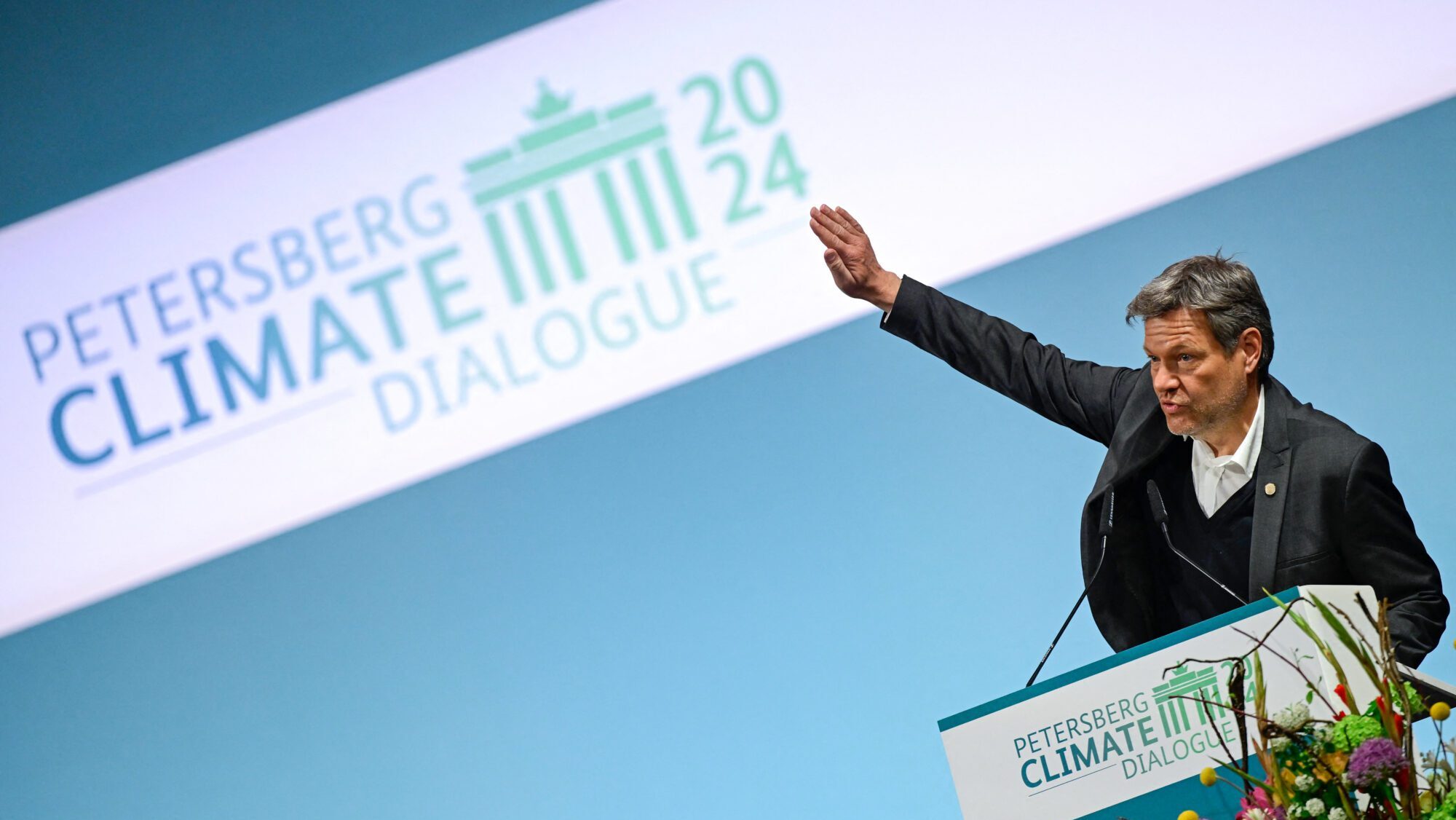
Revealed: Germany’s Nuclear Shutdown Based on Dubious Numbers
A shadowy network of backroom green ideologues helped to kill Berlin’s nuclear grid; tactics included hiding documents from key ministers.

A shadowy network of backroom green ideologues helped to kill Berlin’s nuclear grid; tactics included hiding documents from key ministers.

Oxfam complains about growing inequality. There is just one problem: the figures don’t add up.
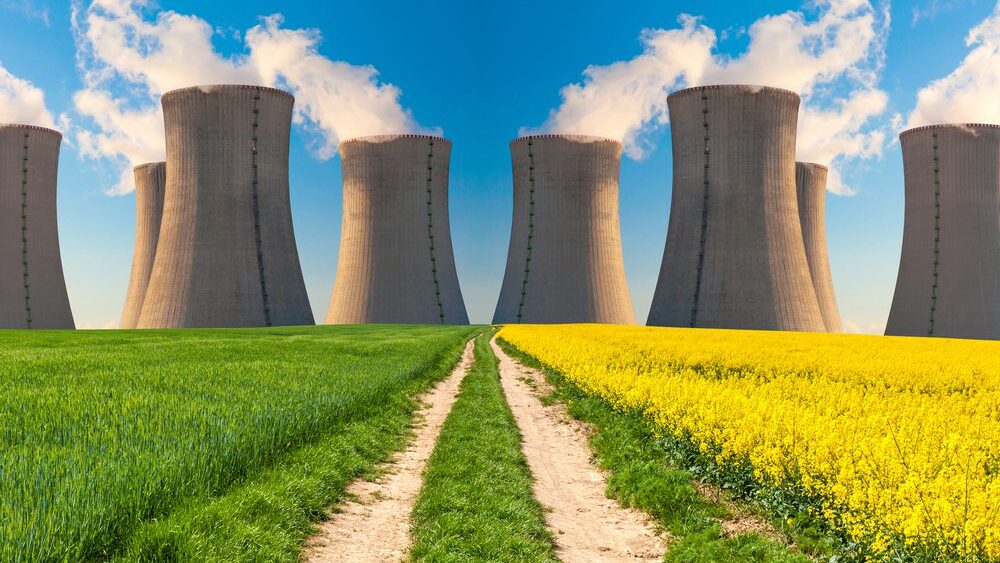
The EU now aims to deploy subsidized reactors by 2030—despite Commission president saying the opposite last year.
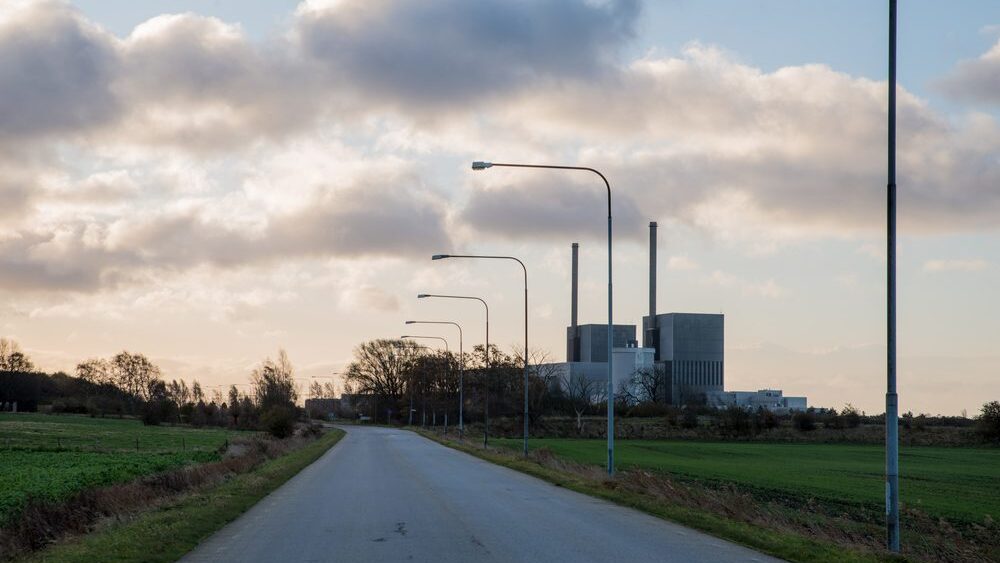
The agreement signals a broader renewal of the bilateral strategic partnership’s objectives: “support for Ukraine, the energy transition and competitiveness.”
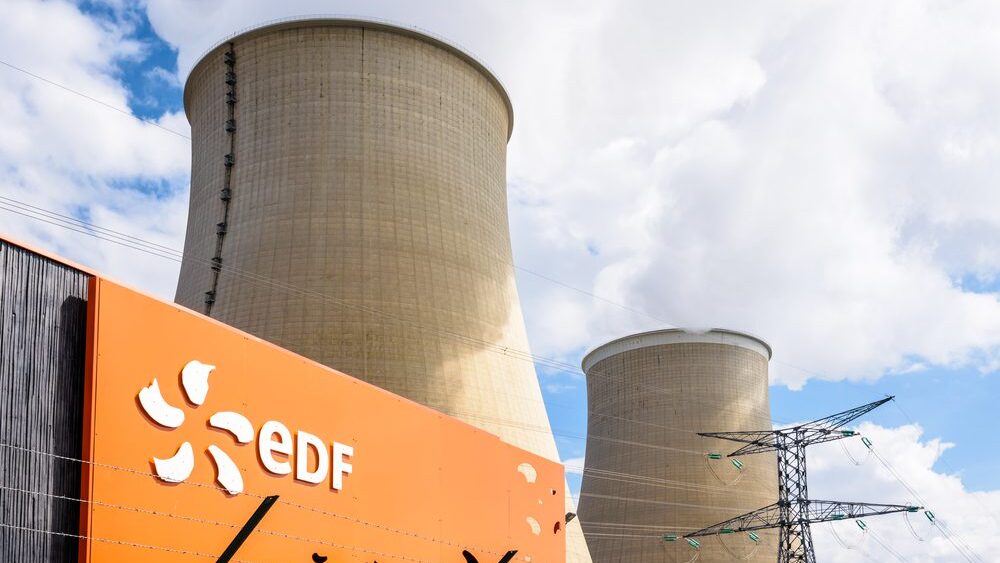
France already has the highest share of nuclear power in its energy mix among all EU countries.
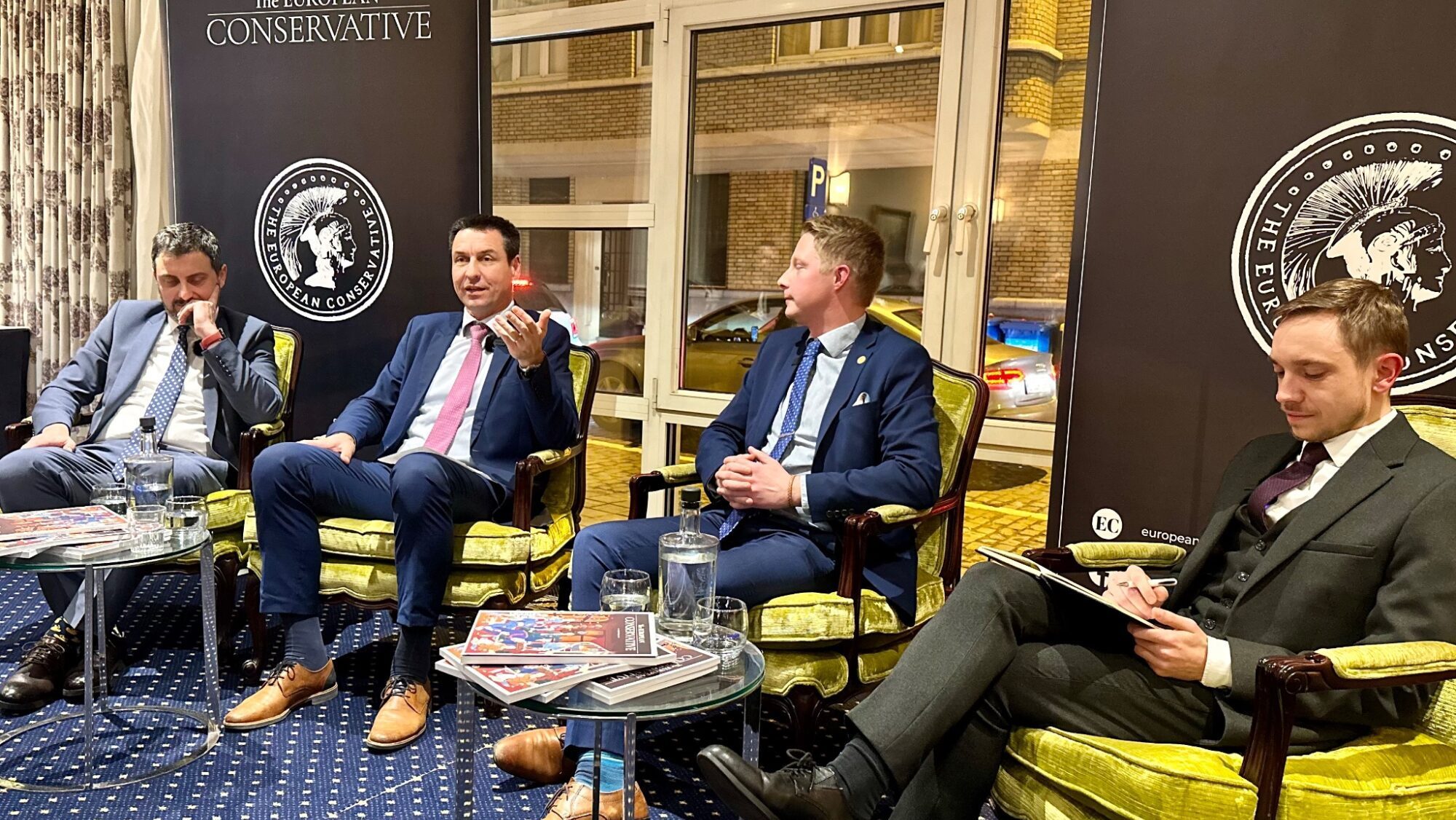
A panel hosted by The European Conservative sees hope for nuclear energy despite challenges.
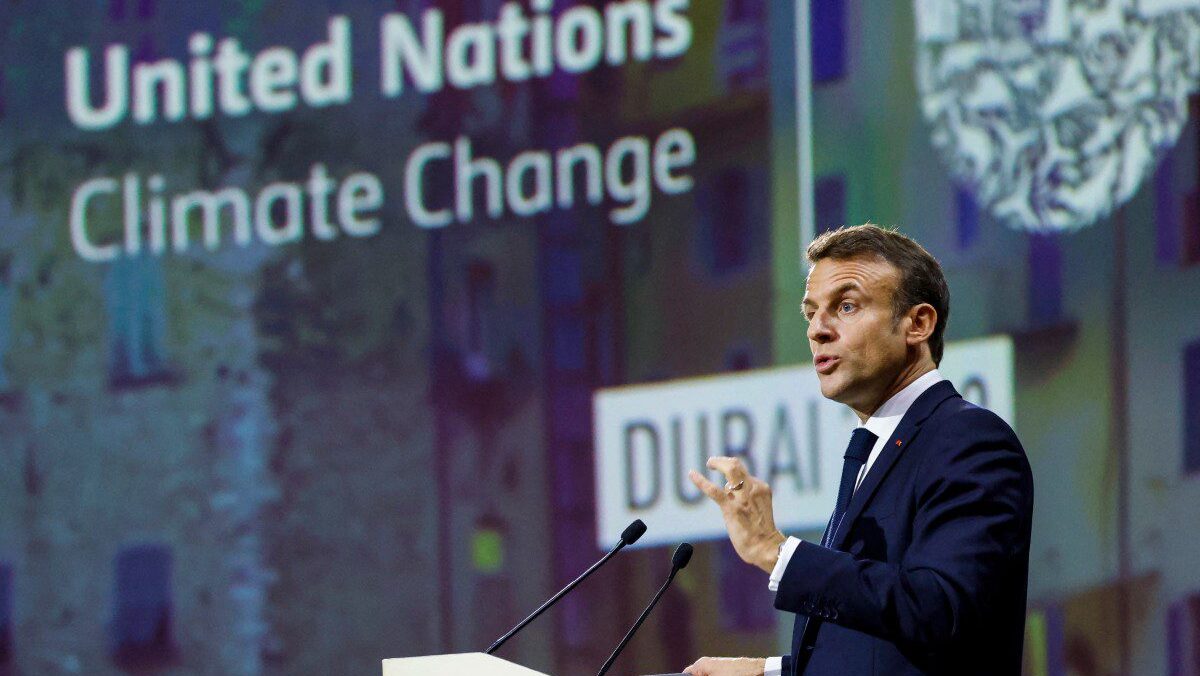
“Nuclear energy is back,” Emmanuel Macron declared.
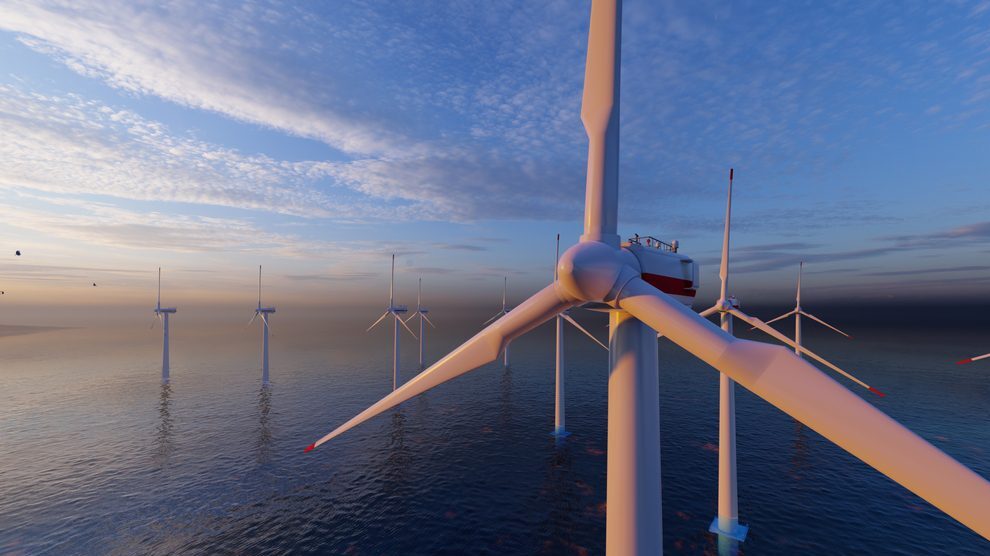
Member states will have to use 42.5% renewable energy by the end of the decade, despite MEPs saying it will jeopardize Europeans’ energy security and the very “future of their children.”

Ahead of an EU legal ruling, grassroots environmentalists are campaigning to classify nuclear energy as ‘green’ and pressuring NGO Greenpeace to change track on its anti-nuclear policy.
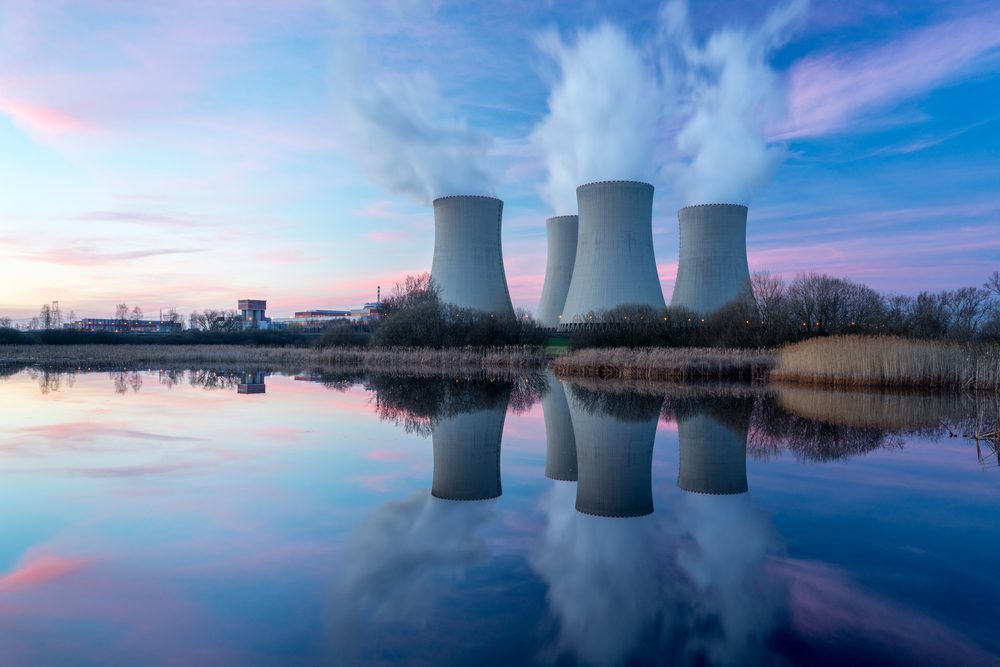
The European Union’s drive for ever more intrusive regulations to combat climate change are being met with resistance from member states. Despite the Commission’s best efforts to push the Green Deal, exorbitant economic costs and voter discontent has sparked a renewed interest in nuclear energy.
To submit a pitch for consideration:
submissions@
For subscription inquiries:
subscriptions@